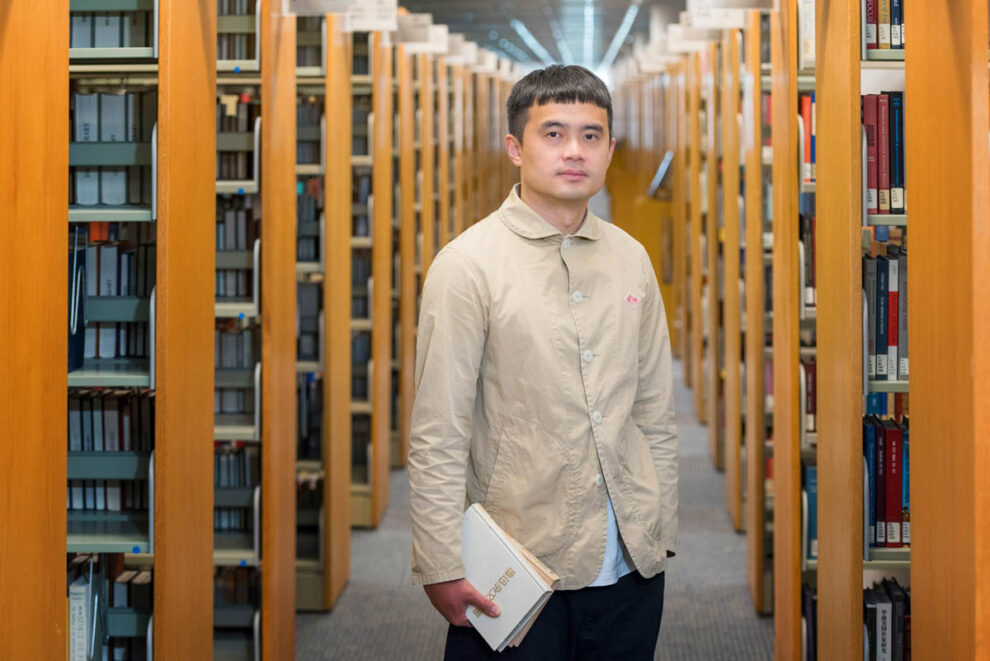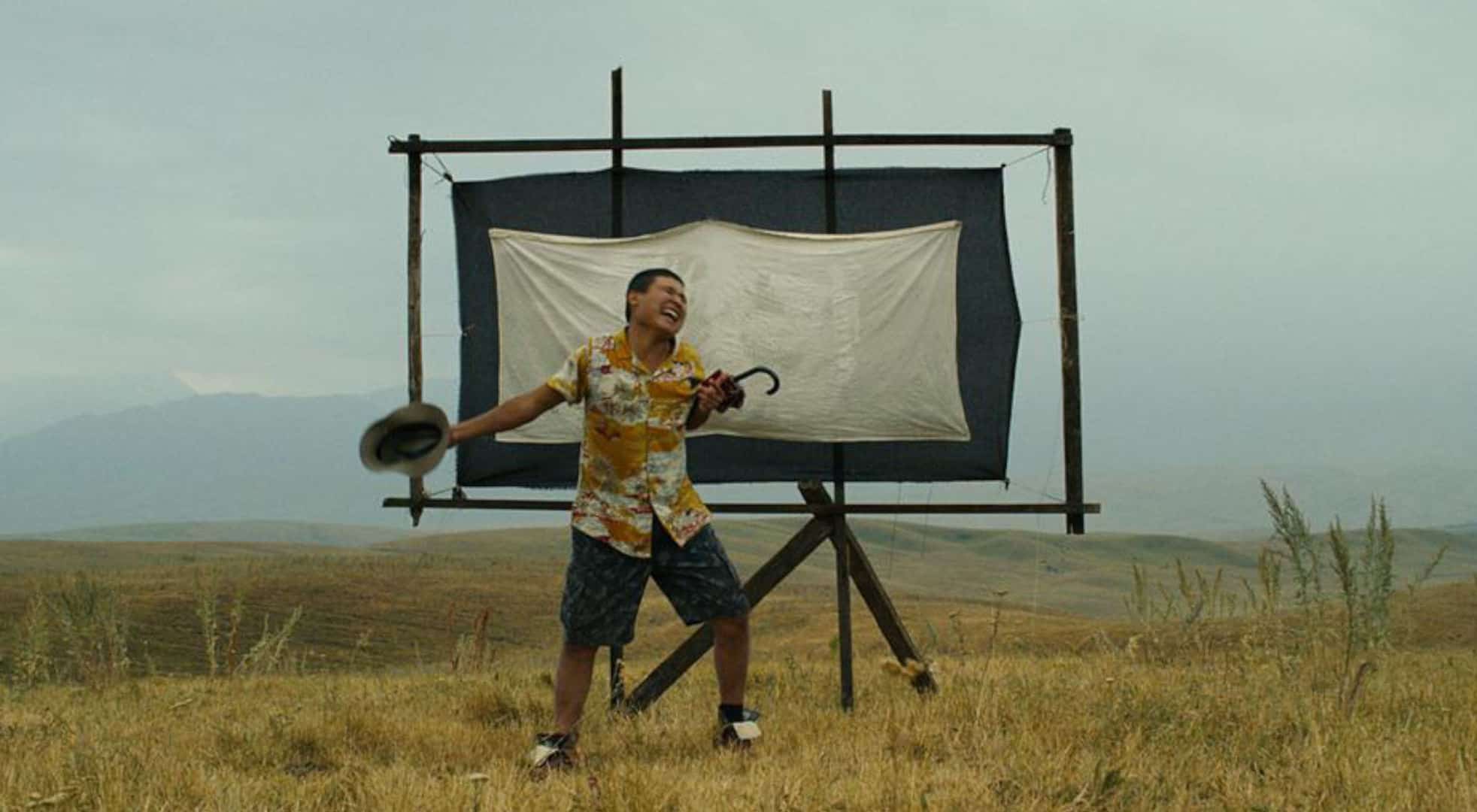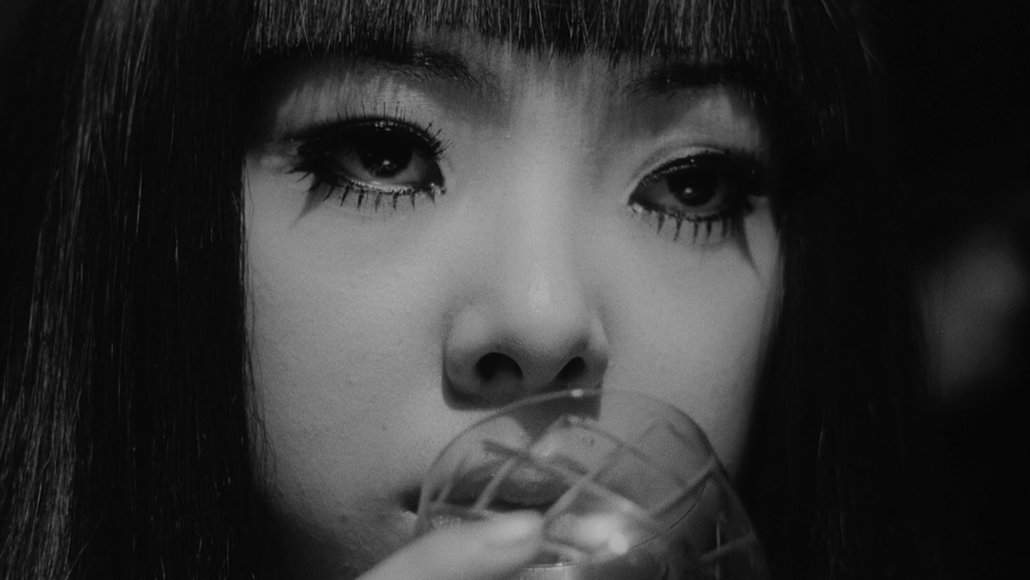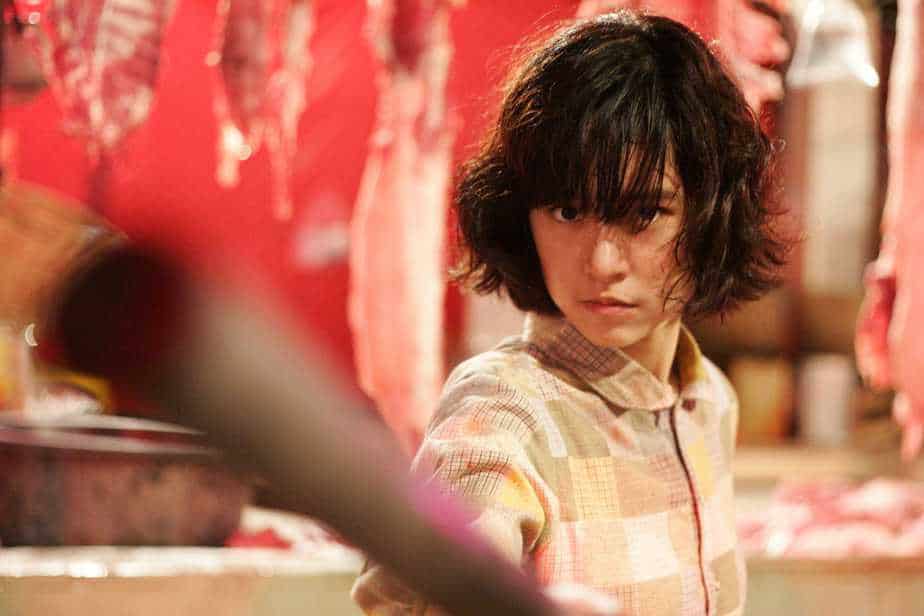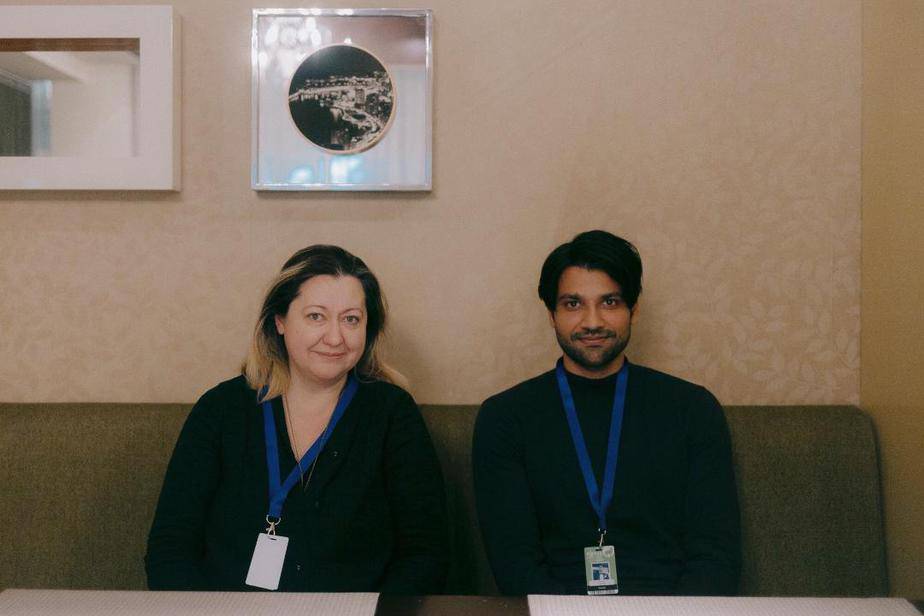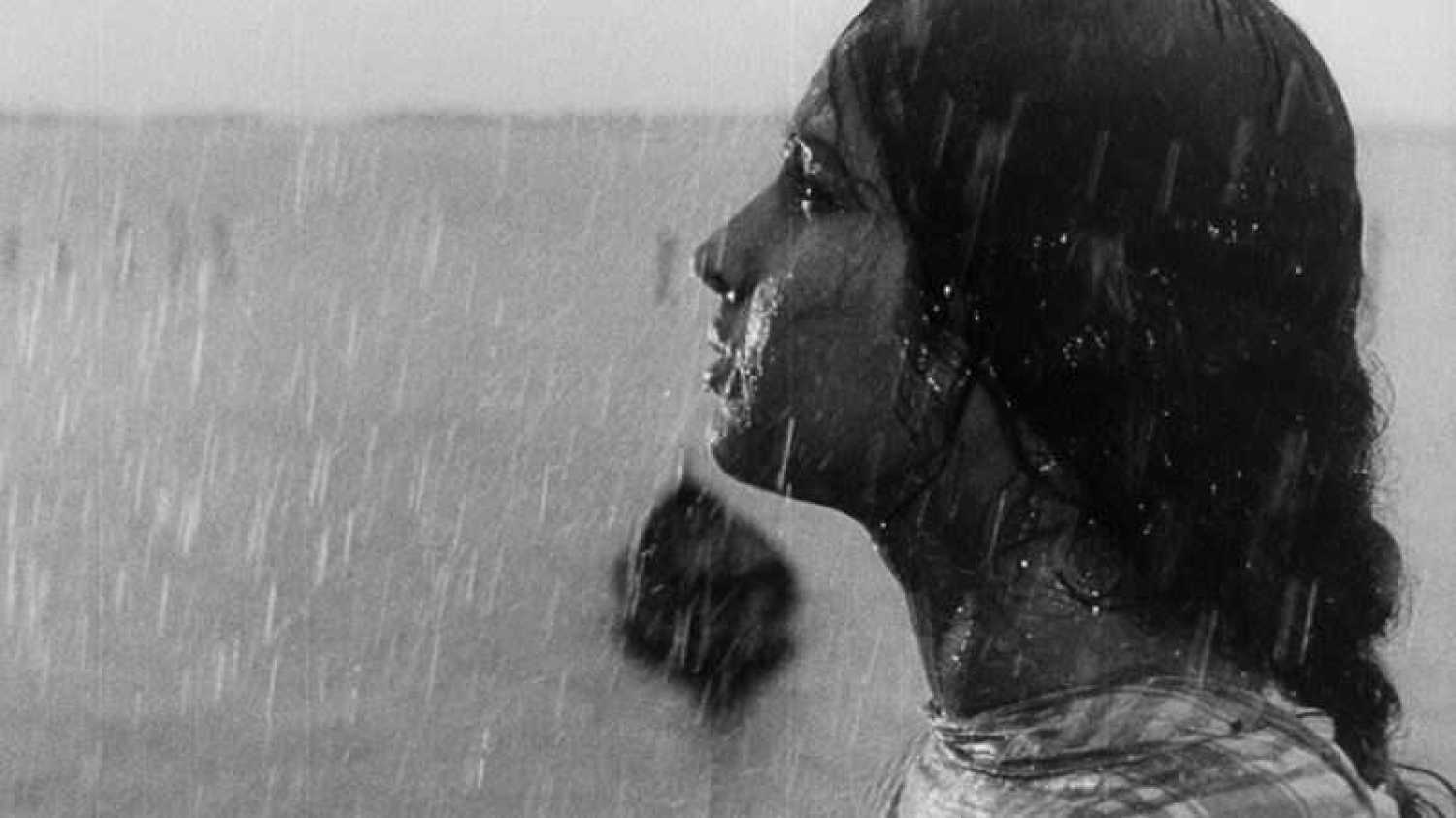Having graduated from the department of chemistry, Ka Sing Fung ent into editing and reporting for Art Map's a.m. post, Ming Pao Weekly (明報周刊) and then Eat and Travel Weekly (飲食男女). During his time as a travel reporter in Eat and Travel Weekly, the entire industry started moving towards streaming media and he was able to learn how to shoot videos, write scripts, and things required for film production. This inspired Fung to become a film director. He quit his job and started a film company, and I started to join several competitions for film, including the Fresh wave International Short Film Festival. He and his wife wrote a script that entered the First Feature Film Initiative (FFFI) and won eight million dollars to make their first movie Lost Love (流水落花), which has been one of the closing movies of the 19th Hong Kong Asian Film Festival (HKAFF) in 2022.
On the occasion of “Lost Love” screening at Osaka Asian Film Festival, we speak with him about the inspiration behind the movie and the concept of foster families, the casting, the Hong Kong industry at the moment, and other topics.
Lost Love screened at Osaka Asian Film Festival

What was the inspiration behind the movie, and what kind of research did you do regarding the concept of foster parenting?
My daughter inspired us (me and my wife both wrote the script of this film.) While we are thinking about what parenting is, we always thought parents give and kids take. But in the way we bring up our daughter, we are always inspired by her (5 years old when we started this project.) on how to be a good parent. The child teaches us how to be a good adult without intention.
This is the main theme of the movie: any relationship has two ways and double sides. But a normal 3 person family is not enough to examine the relationships within a family. I think a foster family can even express more on this idea as they have no biological relations while they have to live as a family. And the temporariness is also the key to tell a give-and-take story. The Chinese title of the movie is “flowing water and fallen flower” and it's a metaphor to indicate their relationship. But who is the water and who is the flower, that is the question.
We did abundant research through foster caring organizations, social workers and foster families including the parents and the kids, for at least half a year.
Check the review of the film
Would you say that the particular system works well in Hong Kong?
The system works quite well. I will say, though, that the promotion and education is not enough. Furthermore, the number of foster families is far less than enough. There are less than 1000 families now, while there are a lot of children waiting for foster care.
Please note though, that this is not a film about “what is foster caring service?” or “how is the foster caring system doing in Hong Kong?” It's about relationships and life.
The film follows an episodic approach. Why did you make this choice? Have you ever thought of shooting a documentary about the same topic?
I don't think it's episodic, it is a whole. Different children come and go, this is the uniqueness and nature of foster families. As fostering is always temporary, I had to portray the uniqueness of this topic. So this so-called “episodic” is not a story structure but the real status and nature of a foster family.
No, I never thought of shooting a documentary.
Despite its dramatic premises, small moments of humor are also interspersed throughout the movie. Why did you choose this approach and how important is humor in a movie for you?
Firstly, humor is part of having a bitter life. I think it's important to balance the sadness or the bitterness of the story. Secondly, moments of humor mainly come from Ho Bun interacting with kids, and that's the personality of Ho Bun's character. In contrast, it balances the film with Ho Bun's lightness and Tin Mei's heaviness.
Can you give us some details about the casting?
I decided to use Sammi Cheng and Alan Luk as the main cast before we wrote the script, since they have very distinct traits of the characters themselves. For example, I see the toughness via Sammi's appearance and gestures which makes a strong connection with the character Tin Mei. And for Alan Luk, his personality is very close to the character of Ho Bun, funny and casual. I think it's very very important to choose actors with similar characteristics to the characters. That way, it is more convincing.
For the kids, we auditioned around 100. I tested them one by one by their first reaction to my question or an action. I had to make sure their instinct reaction is true, natural and fits the character.
How was your collaboration with your DP Szeto Yat Lui and what was your purpose regarding the visuals of the movie?
DP Szeto Yat Lui is an experienced and talented cinematographer. Our collaboration is really good. We share and talk about the films we like. So we can get close to each other's interest and style. We find locations and even make storyboards together to make sure the film is in good rhythm and has a unique style.
The visuals of the movie create the unique world of the story. We implemented a minimal style for this film. For the locations, we kept it minmail to portray the repetitive life of the family. And to give it a poetic style, we used a lot of shots of the landscape, flowers, trees, river and bridge as a portrait of a small world and as a metaphor for the ups and downs of their life.
How would you describe the Hong Kong film industry at the moment?
I think the Hong Kong film industry is better than a few years ago, but still on the down side. We are trying hard to make it thrive again. During recent years, many new directors have come up. They did really great jobs in their first film. For example, in 2022 there were only 33 Hong Kong films shot, and around half of them were made by new directors. So I think Hong Kong film's future is among them.
Are you working on any new projects?
Not yet, I have a few ideas and will work on it after “Lost Love”'s public screening.


